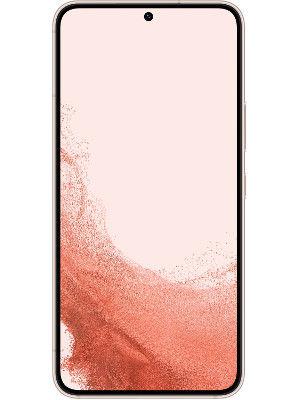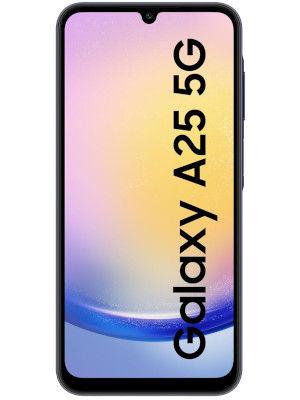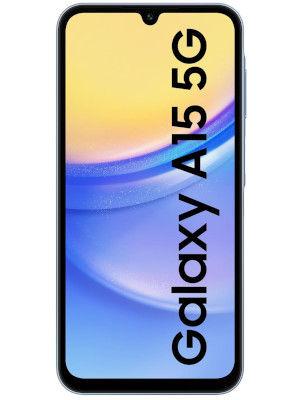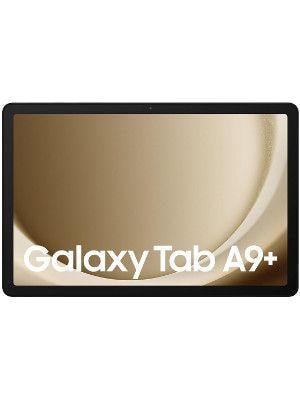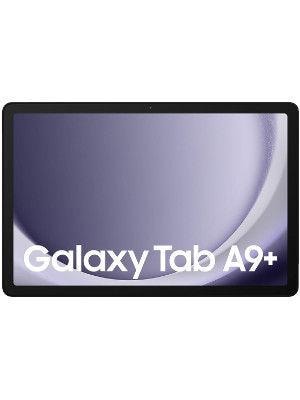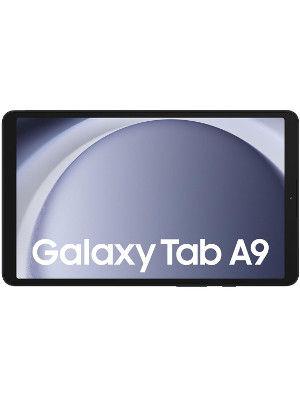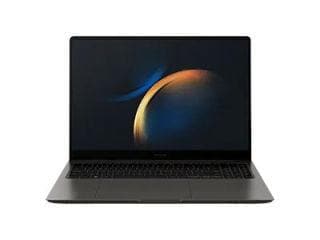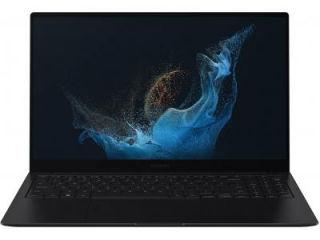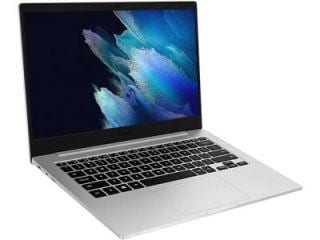Samsung Developer Conference 2018: Software to top the agenda but foldable phone will grab the limelight
Samsung is expected to make some major announcements related to its upcoming foldable phone today. Here’s what to expect.
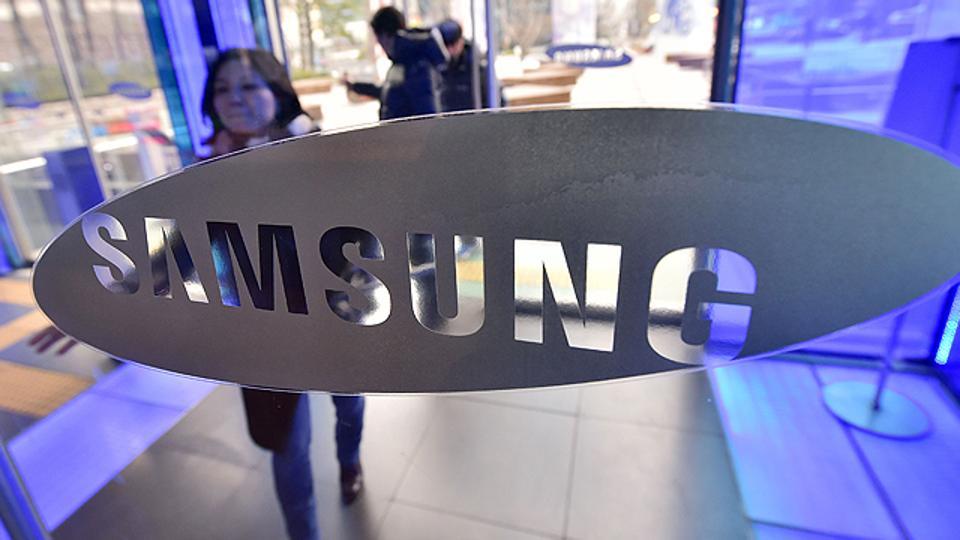
Samsung's budding developers community and its annual dev conferences may not be as popular as Apple's WWDC and Google's I/O events. But this year is different. Interestingly enough, spotlight isn't on Samsung's new initiatives in the software department but the much-awaited foldable phone, dubbed as Galaxy F or Galaxy X.
Even though Samsung has lost the race for the world's first commercial foldable phone, the South Korean giant still enjoys an edge over the competition with its massive market share in the global smartphone market. It is unlikely Samsung will launch the phone at the developer conference today but we are certain the company will reveal some key features, especially a customised UI for the foldable device.
"Unlike our flagship products, the foldable phone is a completely new concept in terms of design and user experience, which requires a different approach," Reuters quotes a senior Samsung official as saying.
"Before we take it to the market, we want to share with developers what we've done so far and see what they think of it," the official said.
The company has been working on the foldable phone for years. It was speculated to launch in 2018 but evidently was delayed as the company hadn't finalised the design.
Right now, the reference for a foldable phone is the FlexPai. Featuring a 7.8 inch screen (when opened), FlexPai comes with a total of three screens, Qualcomm's top-end chipset and 8GB of RAM.
The smartphone features 16-megapixel and 20-megapixel cameras with f/1.8 aperture, optical image stablisation and flash. Other important features of the FlexPai include Bluetooth 5.1 USB, Type-C, and 3,800mAh battery with fast charging support.
Bixby and Tizen
Just like Apple, Google and Amazon, Samsung is also aiming at the growing smart home speakers segment. The company in August this year unveiled Galaxy Home speakers powered by Bixby voice assistant. The catch, however, with Galaxy Home and Bixby voice assistant that it lags behind the competition and does not support many third-party applications like rival Amazon does.
On mobile phones, Google with its smarter Assistant has become the de-facto digital assistant. Bixby has remained exclusive to Samsung's premium customers whereas both Google Assistant and Amazon's Alexa have gained backing from major OEMs like Huawei and Motorola.
According to a June report from Statista, Siri ruled the voice market on mobile phones with 45.6% share whereas Samsung's Bixby had 6.2% share. Interestingly enough, Google was at the second position with 28.7%.
In the smart speakers market, Amazon dominated the market with 41% market share, according to a separate Satista report.


But it doesn't mean Samsung has lost the game already. The smart speaker and voice market is still at nascent stage. According to a Canalys report, the global smart speaker market grew by 187% in the second quarter of 2018 with shipments crossing 16.8 million units.
There's still a lot for Samsung to capture. Moreover, Samsung can look at going LG way where 'AI' or 'smart' element is integrated in all devices including phones and even appliances. Already, Samsung sells refrigerators with Bixby support.
As far as Tizen goes, Samsung has refound the purpose of a dying operating system which was once foretold to be the Android successor. Thanks to rise in demand for smart TVs, Samsung's Tizen now follows Android on a larger screen. According to a recent Voicebot.AI report, Tizen had 23% share whereas Google's Android led with 40% of share. Furthermore, Tizen has gradually improved in the wearable department and has come quite close to Google's WearOS.
Catch all the Latest Tech News, Mobile News, Laptop News, Gaming news, Wearables News , How To News, also keep up with us on Whatsapp channel,Twitter, Facebook, Google News, and Instagram. For our latest videos, subscribe to our YouTube channel.

